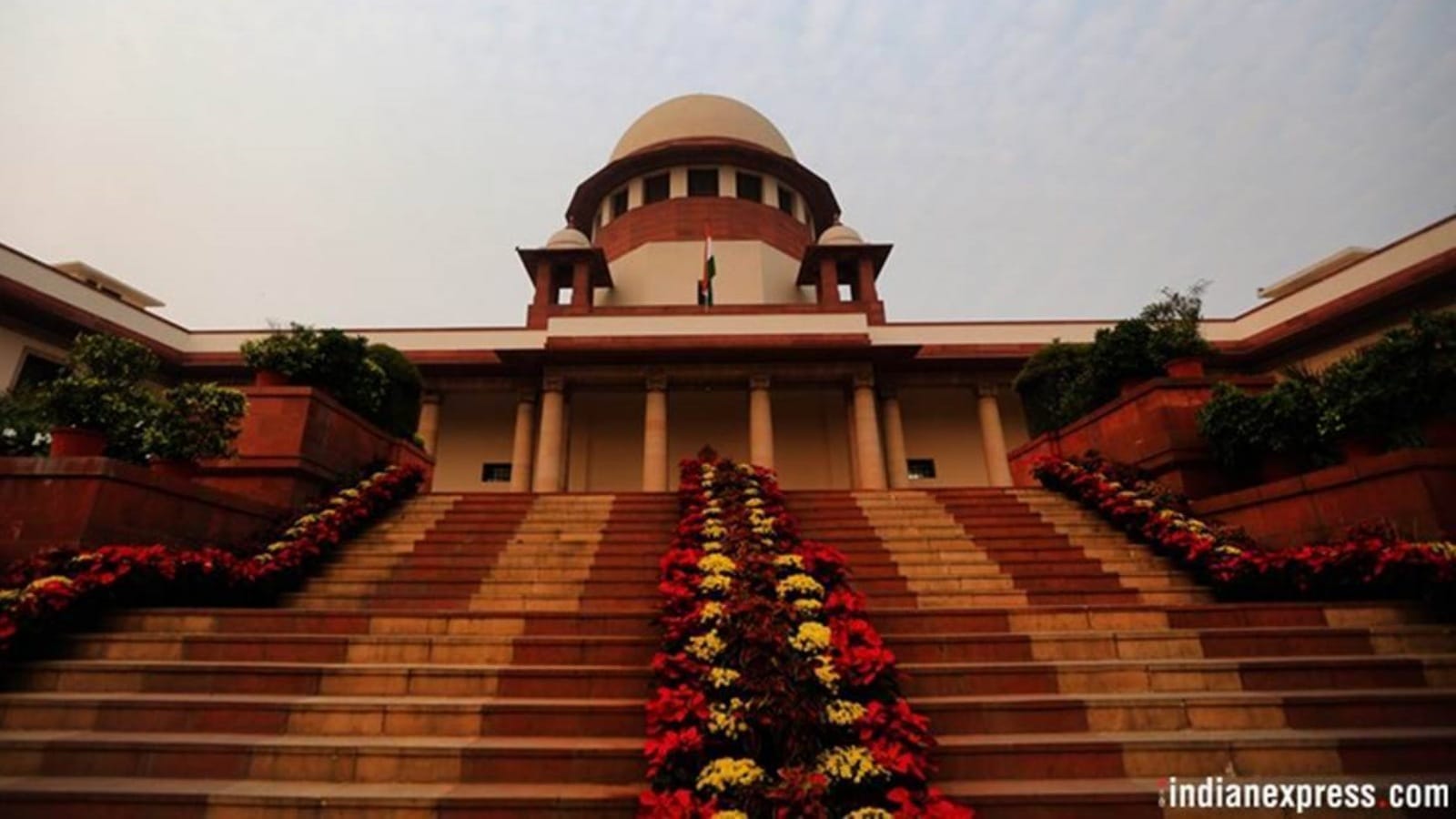 |
|
The recent suicide of a Bengaluru techie, Atul Subhash, has sparked a significant public outcry and prompted a Public Interest Litigation (PIL) filed in the Supreme Court of India. The PIL calls for a comprehensive review and potential reform of the existing laws surrounding dowry and domestic violence in the country. The petition argues that while the intention behind the Dowry Prohibition Act and Section 498A of the Indian Penal Code (IPC) was to protect women from dowry-related harassment, these laws are frequently misused, weaponized in unrelated disputes, and used to unfairly target husbands and their families. This misuse, the petition contends, contributes to significant injustice and has serious repercussions for men's mental health, as evidenced by the tragic case that spurred the legal action.
The core argument of the PIL centers on the alleged misuse of these laws. The petitioner, advocate Vishal Tiwari, highlights instances where these legal provisions are employed not to address genuine cases of dowry harassment, but rather to settle scores in unrelated conflicts between spouses. The petition suggests that the current framework allows for the easy filing of false accusations, leading to prolonged legal battles, financial ruin, and severe emotional distress for the accused. This, the PIL argues, creates a climate of fear and mistrust, damaging the fabric of family relationships and potentially contributing to mental health issues among men. The petitioner further emphasizes the need for a mechanism that ensures more robust scrutiny of accusations before legal proceedings are initiated, thereby reducing the potential for misuse.
The implications of this PIL are far-reaching. If the Supreme Court decides to take up the petition and undertake a review of the existing laws, it could lead to significant changes in how dowry-related cases are handled in India. The court might consider introducing stricter measures to prevent the misuse of these laws, potentially including increased penalties for false accusations. Furthermore, the case raises broader questions about the balance between protecting women's rights and ensuring fair legal processes for all parties involved. It also highlights the need for a more nuanced understanding of the complex dynamics within marital relationships and the importance of addressing mental health concerns among both men and women facing such challenges. The outcome of this PIL will undoubtedly have a significant impact on the legal landscape concerning domestic disputes and the protection of both men and women from potential abuse of the legal system.
The case underscores the need for a deeper societal conversation about gender relations, the legal mechanisms designed to address domestic violence and dowry-related issues, and the imperative to protect the mental well-being of all individuals involved in marital conflicts. A balanced approach that ensures the effective protection of women while also mitigating the potential for misuse of legal frameworks is crucial. This demands a thorough analysis of the existing legal provisions, careful consideration of the evidence presented in cases, and a commitment to addressing the root causes of conflict within relationships, rather than solely focusing on punitive measures. The Supreme Court's decision on this PIL will serve as a significant precedent, shaping the future of legal protections against domestic violence and dowry harassment in India.
Source: After Bengaluru techie’s suicide, PIL in SC seeks review of dowry law
